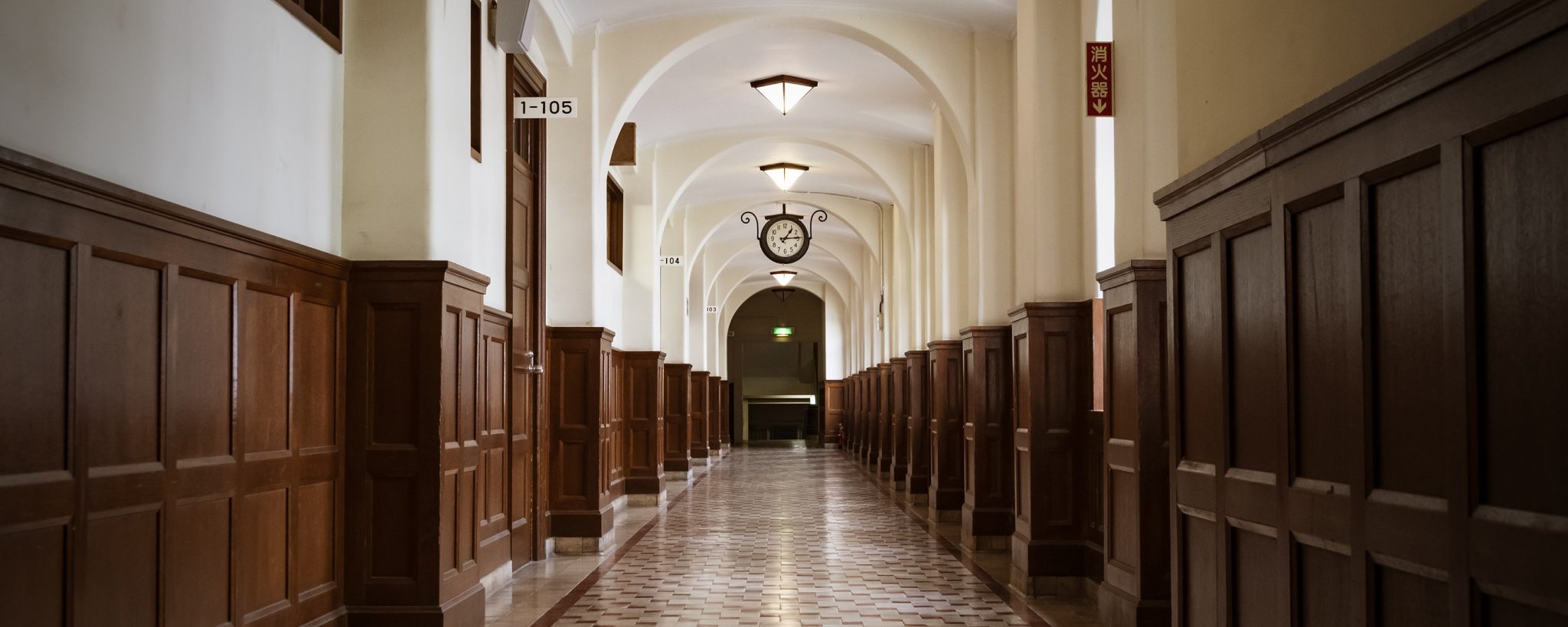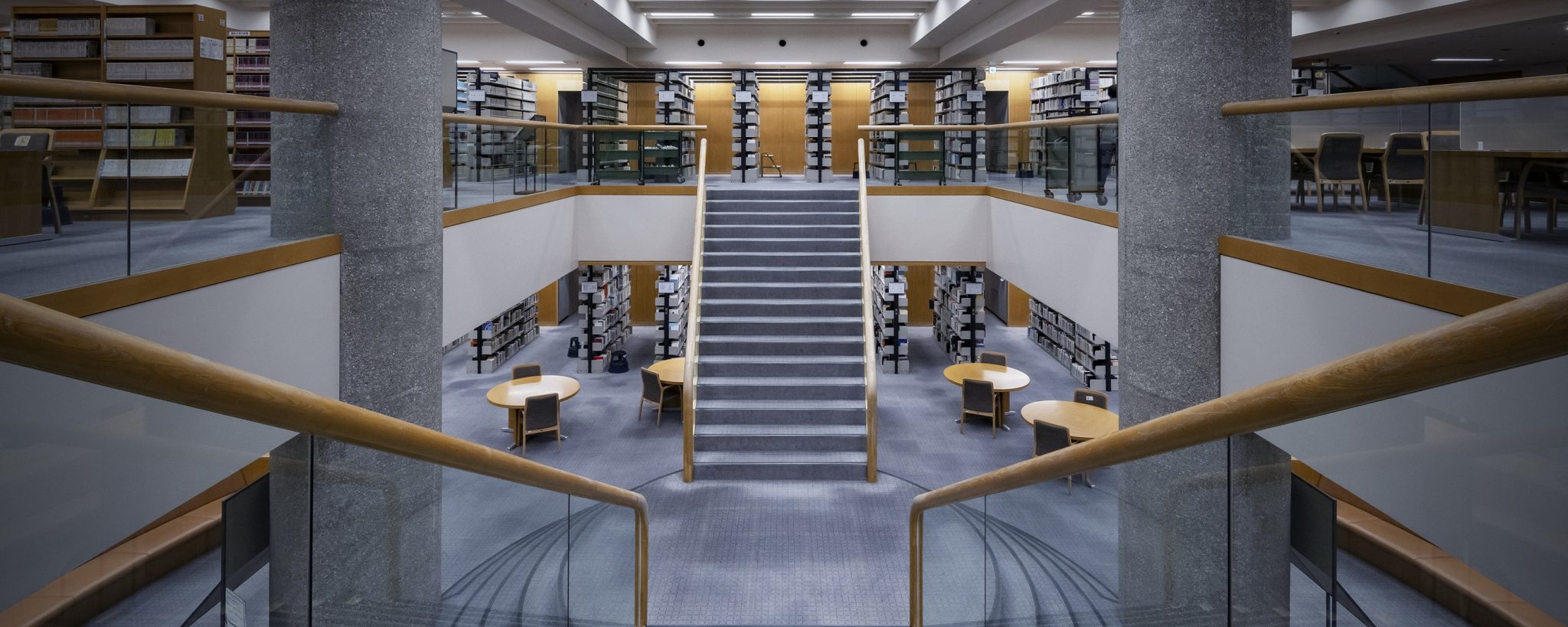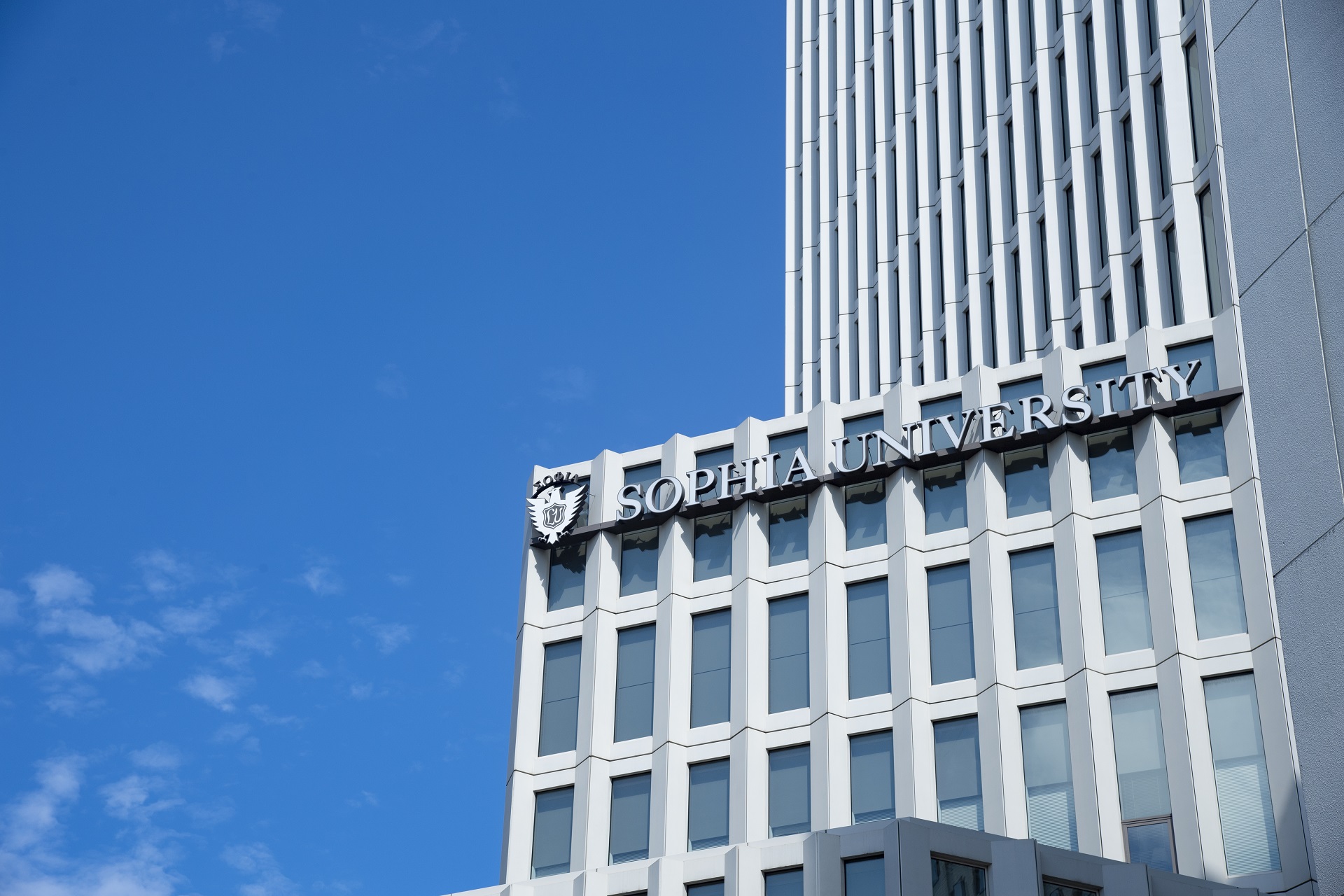Graduate School of Languages and Linguistics

INDEX

About the Graduate School of Languages and Linguistics
Exploring the Universal Nature of Humanity through Language Diversity

Scientific Study of Language
At the Graduate School of Languages and Linguistics, we believe that the study of each student’s major language (English, German, French, Hispanic, Russian, Portuguese, and Japanese) and the study of general linguistic theory are inseparably related. Through scientific research on language based on this common theory, we aim to explore the diversity of each individual language and, at the same time, the universal essence of humanity that lies at its root.

Multi-faceted Approaches to Language Research
While our approach to language research is based on general linguistic theory, we have also enhanced the research aspects of applied linguistics related to general linguistic theory, such as research on speech-language pathology and language education. As a result, many graduates of the Graduate School of Languages and Linguistics are active in hospitals, schools, and research institutes as speech-language pathologists, Japanese language teachers, and English language education specialists.

Small-group Education and Extensive Thesis Guidance
Education and research are conducted based on the philosophy of cultivating students who can establish their own areas of specialization from a wide range of fields in linguistics and contribute to society by making the most of their expertise. The Master’s Program has 33 students per year, the Doctoral Program hosts 5 students per year, and there are 28 full-time faculty members, making for a small-group education system. This enables students to receive extensive guidance on their thesis.
Educational Objectives
-
The program fosters scholars with a global vision who are dedicated to unique studies in the fields of theoretical linguistics, individual linguistics, and applied linguistics. It also educates scholars in fundamental and clinical research of communication disorders, and through classes conducted in English, trains those who will engage in English education. The program also fosters Japanese-language teachers proficient in theory and practice who can work actively both within and outside Japan.